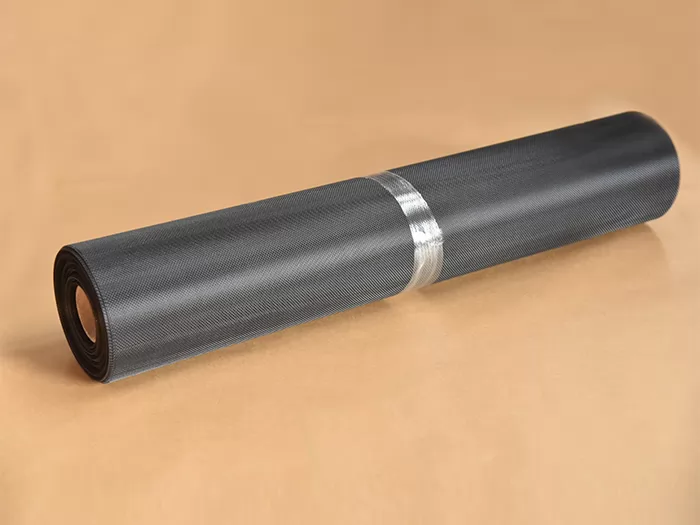Benefits and Applications of Epoxy Coated Wire Mesh
Epoxy coated wire mesh a popular choice in various industries, is wire mesh that undergoes a coating process where a layer of epoxy resin is applied to its surface. This coating provides a protective barrier against corrosion, enhancing the longevity and performance of the wire mesh.
Importance of Epoxy Coated Wire Mesh
Epoxy coated wire mesh plays a crucial role in several applications due to its remarkable properties. From industrial settings to residential projects, its importance lies in its ability to withstand harsh environments, resist corrosion, and offer unparalleled durability.

Benefits of Epoxy Coating
Enhanced Durability
The epoxy coating significantly extends the lifespan of wire mesh by protecting it from corrosion, rust, and other forms of degradation. This enhanced durability ensures long-term performance, even in challenging conditions.
Corrosion Resistance
One of the primary benefits of epoxy coated wire mesh is its exceptional resistance to corrosion. This makes it an ideal choice for applications where exposure to moisture, chemicals, or harsh weather conditions is common.
Versatility
Epoxy coated wire mesh is highly versatile, suitable for a wide range of applications across various industries. From industrial filtration to architectural accents, its adaptability makes it a preferred material for many projects.
Environmental Benefits
In addition to its functional advantages, epoxy coated wire mesh offers environmental benefits. The epoxy coating process produces minimal waste and emissions, making it a sustainable choice for eco-conscious projects.
Applications of Epoxy Coated Wire Mesh
Industrial
In industrial settings, epoxy coated wire mesh finds applications in filtration, separation, and reinforcement. Its durability and corrosion resistance make it suitable for demanding environments such as chemical processing plants and wastewater treatment facilities.
Commercial
In commercial construction, epoxy coated wire mesh is used for architectural purposes, including facades, partitions, and decorative elements. Its aesthetic appeal, combined with its durability, makes it a preferred material for both interior and exterior applications.
Residential
In residential projects, epoxy coated wire mesh is utilized for various purposes, including fencing, landscaping, and DIY projects. Its versatility, durability, and low maintenance requirements make it an excellent choice for homeowners seeking long-lasting solutions.
Installation Process
Preparation
Before applying epoxy coating, proper surface preparation is essential to ensure adhesion and durability. This involves cleaning the wire mesh to remove any dirt, grease, or contaminants that may interfere with the bonding process.
Application
The epoxy coating is applied to the prepared wire mesh using specialized equipment or techniques. Careful attention is paid to achieve uniform coverage and thickness, ensuring maximum protection against corrosion and damage.
Curing
Once applied, the epoxy coating undergoes a curing process to harden and bond to the surface of the wire mesh. This curing process may involve exposure to heat, ultraviolet light, or chemical catalysts, depending on the specific type of epoxy used.
Maintenance
Cleaning
Regular cleaning is essential to maintain the appearance and performance of epoxy mesh. Mild detergent and water can be used to remove dirt, debris, and surface stains without damaging the epoxy coating.
Inspection
Periodic inspection allows for early detection of any signs of damage or corrosion, ensuring timely maintenance and repairs. Visual inspection and testing can help identify areas that may require attention before problems escalate.
Repair
In the event of damage or corrosion, prompt repair is necessary to prevent further deterioration and maintain the integrity of the wire mesh. Repair methods may include patching, reapplication of epoxy coating, or replacement of damaged sections.
Conclusion
Epoxy coated wire mesh offers unmatched durability, corrosion resistance, and versatility for a wide range of applications. From industrial filtration to residential landscaping, its protective properties and low maintenance requirements make it an ideal choice for projects requiring long-lasting performance.

